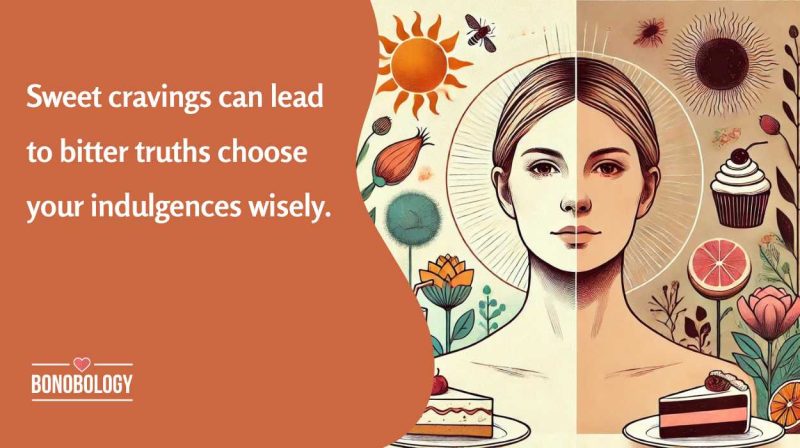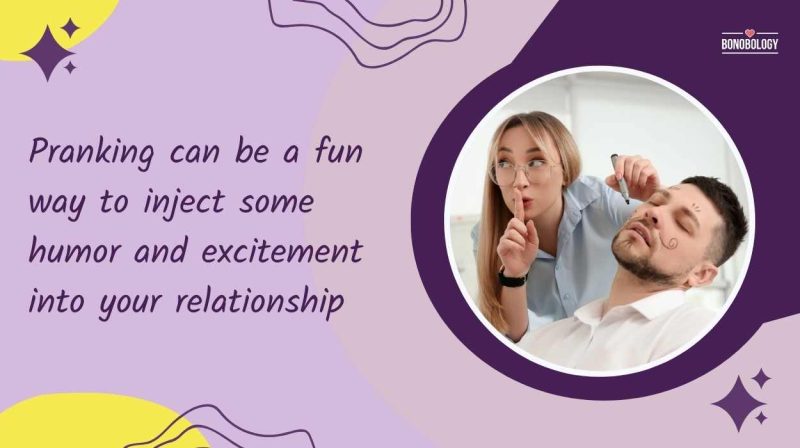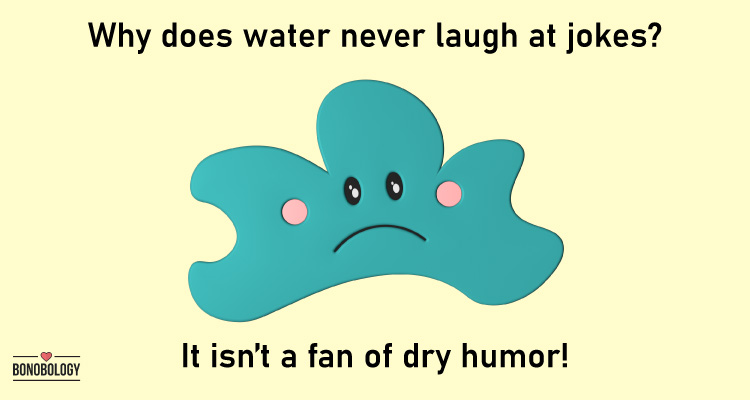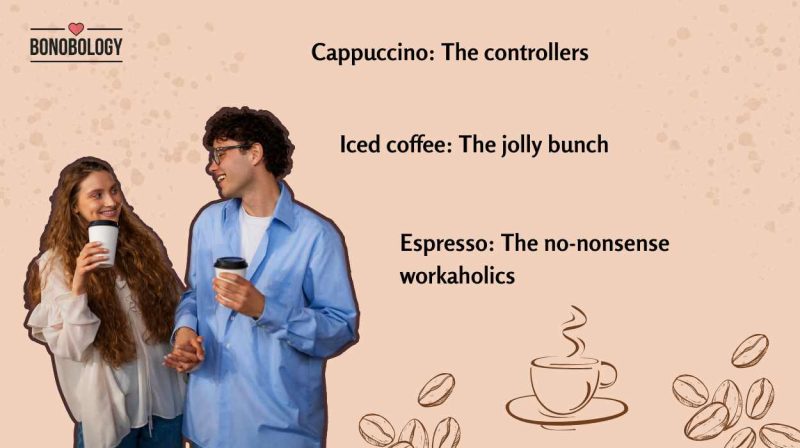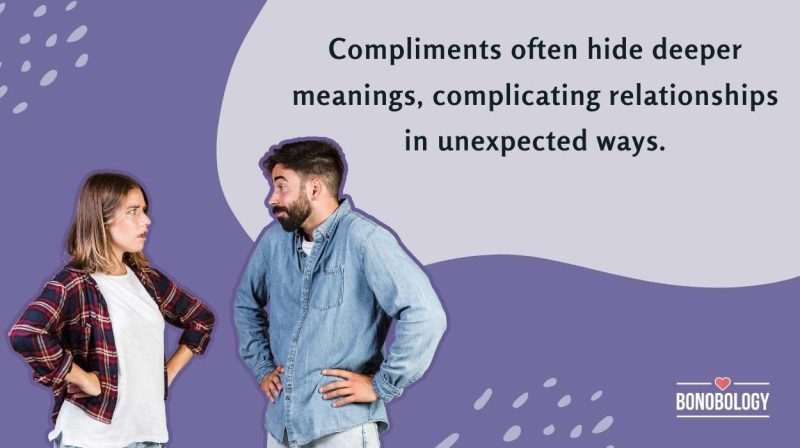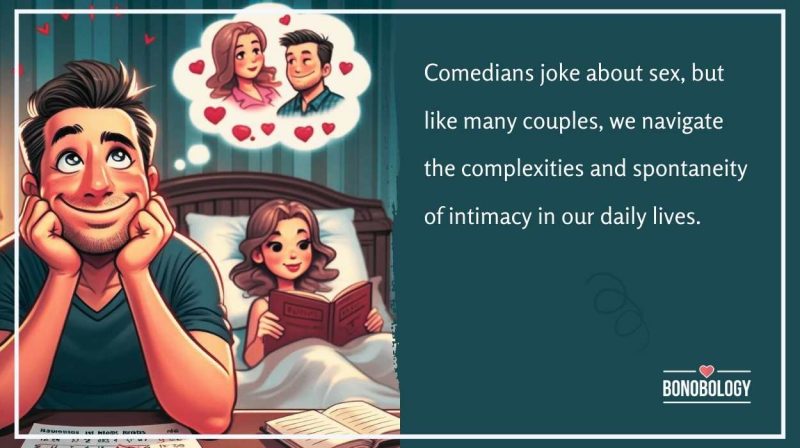Chances are, you’ve been through a toxic relationship. If not with a romantic partner, perhaps with a friend, a peer, or the gym. The constant ups and downs make you swear you’ll pick better next time, and a thorough screening process involving your bestie’s judgment will now always be implemented before you dive headfirst into another relationship. But what about the perennial toxic relationship in your life, the one with desserts?
The chocolates and the ice creams, the brownies and the fudges, they can’t all really be toxic, can they? Well, think about it, your last toxic partner wasn’t screaming out “I’m toxic” either, was s/he?
You and I both know that at the end of the day, we just can’t keep that muffin down. One oreo begets another and the weighing scale is the friend who’s trying to knock some sense into you, something people in toxic relationships tend to avoid.
So, how exactly can a relationship with your cheesecakes and your tiramisu ever be toxic? Take the following assessment with a grain of salt, but don’t be too quick to dismiss the whole argument. Let’s get into it.
But Wait, What Does A Toxic Relationship Look Like?
Table of Contents
Just so that we all agree on what a toxic relationship really is, let’s breeze past this before we actually get into why those desserts might be leading you toward a life of trust issues. (Wait, sugar-free isn’t healthy?)
A toxic relationship is one that may induce harm, physical or emotional, or may feature a power struggle, lack of respect, jilted communication, and extreme hostility.
A toxic relationship may feature:
- Inability to resist it, like a bad habit
- An off-again, on-again dynamic
- No personal space
- Lies
- Manipulation
Agreed? Let’s move on.
Related Reading: 12 Ways To Fix A Toxic Relationship
The Sweetest Affair: The Difficult Relationship With Dessert
Alright, you won’t be screaming “Leave me alone!” at each other at 3 A.M on a Friday night, but you and I both know you’ve ended up cursing yourself after gorging on that extra slice of cake you promised you wouldn’t have.
“No, please don’t ruin desserts for me. It’s the only thing that gives me joy!” Look around you bud, I’m in the same boat as you. And chances are, in that self-realizing corner of your brain, you already know about the disturbing relationship you have with desserts, but just aren’t ready to bring that thought to the forefront.
Much like the distant relative who pops in twice a year to tell you you’ve gained weight, I’m about to break some unpleasant truths, so buckle in and grab your choco….popcorn.
1. One More Won’t Hurt, Right?
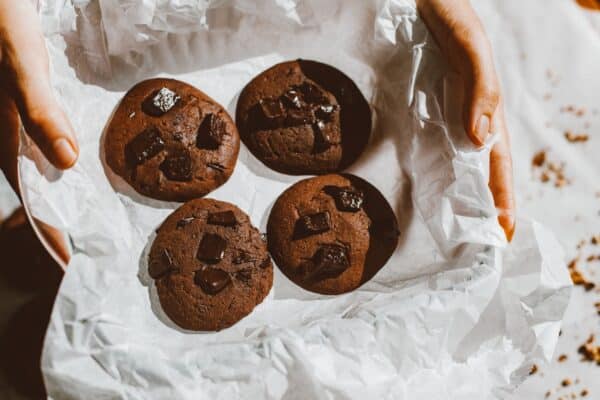
A.k.a “I could just meet him/her one last time. It can’t hurt, right?” or “Yes, we did fight and break furniture last time we were in a room together, but what’s one more for old times’ sake, you know?” Yes, go on, I’m sure that’s going to go down well.
Your toxic dynamic might’ve lacked one, but most desserts have labels. Once you turn them over to take a peep at the nutritional values, however, you hear a voice in your head saying, “No wait, forget about those. Just have fun, relax, stop thinking so much.” Ah, blissful oblivion. Tastes sweeter than chocolate, I’d say.
Much like a tantalizingly enticing yet disturbing toxic relationship, that batch of brownies keeps calling your name from the fridge, making you believe every passing second that one more won’t hurt. “But what about my current partner (read: diet)?” The batch of brownies and your toxic partner both reply unanimously, “I’m not telling if you’re not.”
2. The On-Again-Off-Again Dynamic
Alright, this was the absolute last time. Come December, you’re going to be donning 6 pack abs, looking your absolute best, waiting for summer to come around so you can flaunt your beach body. But as Halloween rolls around, the resilience starts to waver just a little bit every passing day, as the Reese’s cup packet stares back at you mockingly. Like that kiss you eventually end up indulging in when you promised to just meet your toxic partner to “settle and end” things, the first bite of the candy after a few weeks of dieting makes you reconsider why you ever stopped.
3. There’s zero personal space
Much like the constant texts your clingy toxic partner might be sending you every second of the day, the barrage of food porn dessert videos on your Instagram/Tiktok feed isn’t giving you a moment’s peace.
Everywhere you go, you always somehow spot the prettiest little bakery, and how could you even resist not going inside and checking their stuff out? While you’re inside, you might as well give that adorable macaroon a go.
“I just wanted to try a vegan kale salad for once. Why must my demons haunt me everywhere I go?!” You might cry out, both fists raised to the sky.
Related Reading: A Swing And A Miss: Emotions You Go Through When You’re Left On Read
4. You’re always manipulated into staying
“Enough is enough”, you may think, putting your foot down once and for all. Once you’ve made up your mind to end this toxic dynamic, you’re suddenly hit with a “No, wait, I’ll change, I promise”.
Emptying out your snack drawer, you might believe you’ve finally quit the unhealthy obsession you have with desserts. The minute you pull out your phone, however, you see a new flavor of Oreos, a new bakery opening up near your house and Starbucks posting a collage of all their desserts for some reason. Almost as though the desserts said “Hold on, I can do better, I promise.”
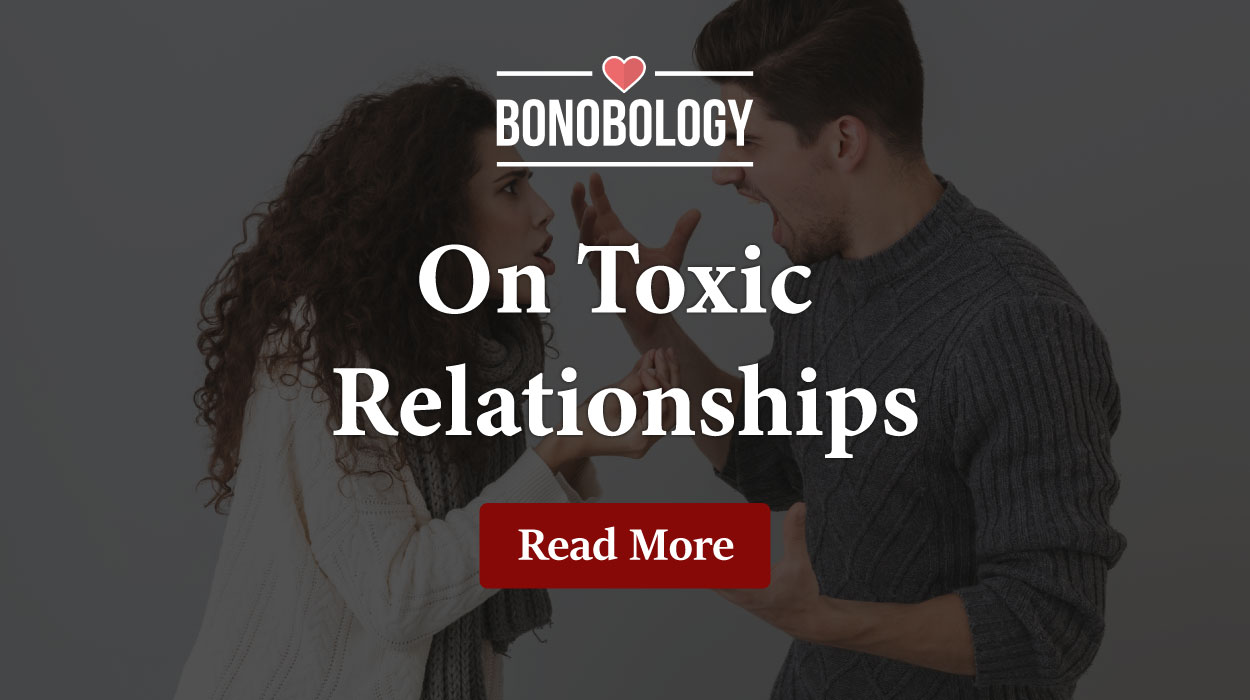
5. You’re constantly lied to
A low-carb, keto-friendly dessert HAS to mean it’s healthy, right? A protein brownie just can’t be bad for you. It has protein in it! I’m sorry to break it to you, but the keto dessert may still contain unhealthy fats, and protein will not compensate for the gallons of sugar in your treats. To me, that doesn’t seem too far off from the “I promise I won’t be possessive anymore, I’ll change” immediately followed by your partner calling you 60 times in an hour the day you hang out with your friends.
PS, while we’re on the topic of desserts lying to us, is there a betrayal worse than a chocolate chip cookie turning out to be a raisin cookie instead? Lord, take me now.
At the end of the day, you know you’re not really going to give up on those tasty treats anytime soon. I can’t blame you either. Desserts are often the happy place we seek refuge in after a nasty fight with our spouse. Plus, what are you to do when a baking video has got you craving cake?
FAQs
1. How can desserts be considered toxic?
Desserts can be considered toxic when they are consumed in excess, leading to negative health effects such as weight gain, high blood sugar, and emotional dependency. Much like a toxic relationship, the temporary pleasure from sweets can mask the long-term harm they cause.
2. What are some healthier alternatives to traditional desserts?
Healthier alternatives to traditional desserts include fruit-based desserts, dark chocolate, yogurt with honey and nuts, and homemade treats made with natural sweeteners and whole ingredients. These options can satisfy your sweet tooth without the excessive sugar and unhealthy fats.
Final Thoughts
Recognizing the parallels between toxic relationships and our relationship with desserts can be enlightening. Just as we remove toxic people for our well-being, we must also manage our dessert consumption for better health. Identifying signs of an unhealthy dynamic with sweets is crucial for positive change.
Your contribution does not constitute a charitable donation. It will allow Bonobology to continue bringing you new and up-to-date information in our pursuit of helping anyone in the world to learn how to do anything.

